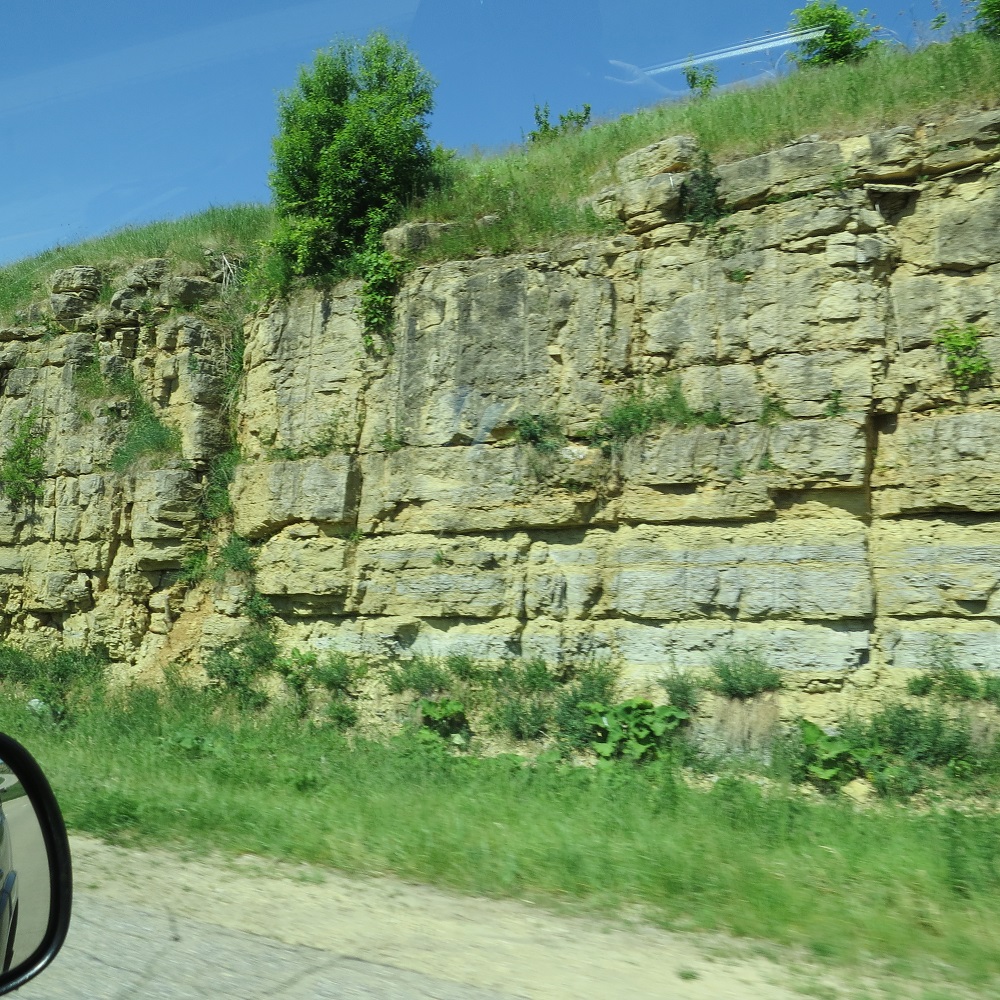Oxygen 73%. Heart rate 145. Probably time to call the doctor. I remember when, having a zoom meeting with my PCP, I was reading him my “numbers.” Weight. Blood pressure. Temp. Oxygen 80%. My doc’s response was “Get here, right now!” That memory helped me remember that 73% was really not acceptable. I called my doc’s office; it was Sunday. So I talked with the on-call doc who gave me a choice. Call an ambulance and let the ENTs treat me, or, go to the ER. That made little sense to me. What the ambulance would do, I reasoned, was send me to the ER. So, I asked Daughter #1 to take me.
At my favorite hospital’s ER, I was ushered into an ER examination room; ushered in before three people who had been waiting for some time. They were not happy.
Machines were attached. The oxygen started. Blood work was taken, and the port was left in my right arm for future blood work and injections. I’m not allowed to sit on couches or soft chairs; the bed was lumpy, but soft. So, I spent a lot of time in a “hard” chair. The next place for me should have been the cardiac unit. The hospital, however, was slammed with patients, so I spent my first night in the ER, sitting up in the hard chair, leaning against the bed’s mattress that had been moved to an upright position.
More tests were ordered and accomplished. Chest x-ray. Injected lasix removed excess fluids in my legs. And, through it all, I was able to sleep and doze until morning. With no phone in the room, getting supper and breakfast ordered was a push up. But, it arrived, and it was quite good. We hear so many stories about hospital food, but none of them would fit this day.
My second full day in the ER was also filled with tests and recording blood oxygen levels, etc. Supper time came and went. Still there was no room in the cardiac unit. I’d ordered my supper. It never came. At 9 pm, transport moved me to the cardiac unit – without supper. Now, because I have diabetes, I do need to eat on a fairly regular basis. And, now I was going to a different pace in the hospital with supper. The young transport person assured me that he would get my supper from the ER and bring it to the fifth floor cardiac unit. I never saw him, again.
My nurse and her assistant managed to get something for me to eat at about 11 o’clock- a vegetable salad and a small pudding (that had the only protein in the meal). That got me through to the morning. I was told that I could have nothing by mouth after midnight, buy no one knew why. I had not been told of any pending anything in the morning. There was nothing in the computer. We all decided it must be a secret.
The difference between the ER situation and the cardiac unit was dramatic. The bed was a new breed, and I could choose how hard I wanted the bed to be. The aide asked me to get onto the bed and, when I did, she weighed me! My room had a carpeted bathroom. The room had a small couch and matching chair that could recline. Still, I found it necessary to spend most of my time in the folding hard chair.
Even in the hospital, I prepared for bed at midnight. I actually was able to sleep in the bed. For a little while, at least. At 1 am, I was awakened by a phlebotomist wanting to take fresh blood. “No, he could not take it from the port in my right arm. It had to be from a new puncture.”
It seemed that I’d just returned to sleeping when, at 3 am, transport showed up to take me for a CAT scan. Although it to took only a few minutes, I did not return to sleeping when back in my room. I was beginning to feel the difficulty of not having substantial protein in the last few hours. Still, no one knew why I could have nothing by mouth after midnight. By 10 o’clock, I was ready to eat the furniture in the room. So, I called the nurses station to let them know that if I didn’t get something to eat soon, they could plan on scraping me from the floor. I was finally given permission to order food.
Although food service had some delivery problems, and they generally can’t tell the difference between egg whites and whole eggs, the food was quite good. They have a crusted tilapia that might be served by the best restaurants. I was on a carb limited diet and had plenty to eat.
My mother always said, “It’s an ill wind that blows no good.” This stay in the hospital was no different. No one wants to be in the hospital. While there, I learned a great deal about the AFIB problem and it’s management that brought me to the ER.
But, while there, I met great people. Great doctors and nursing staff. Cardiologists. General practitioners. Housekeeping. Transport people. Specialists such as the CAT scan folks. Everyone was helpful, compassionate, thorough, kind, competent.
If you’ve read the blogs about Isaac from Ghana, you’ll find this interesting. One day, as my housekeeper, Mary, was working I asked her about her “home” country. She, too, is from Ghana. How exciting is this! I now know two people from Ghana.
Discharge came on Wednesday about 3. Change of medicines. Instructions to keep a chart of everything that was charted by hospital staff. Work at keeping the excessive fluids out of my body. Mild exercise – Nora (PT) will know what to do. It seems that I will have a lot more learning ahead for this Greater diligence with regard to other health issues.
At home, I’ve begun wondering what health issues I’ll be dealing with in the future. Time will tell.
Be Safe and Be Well
The Cranky Crone
Thoughtful comments are appreciated.



